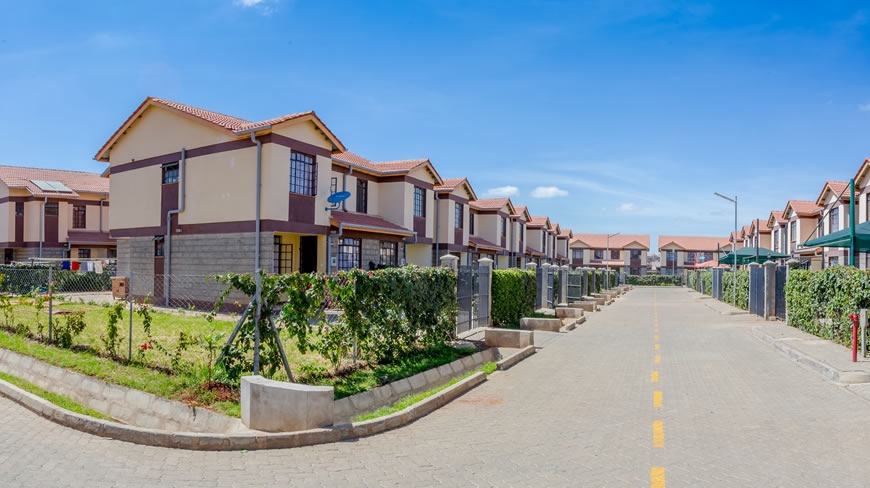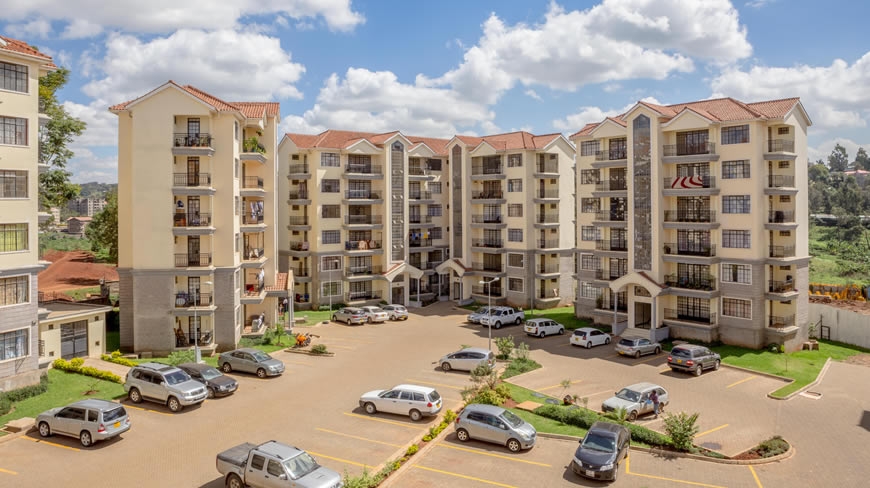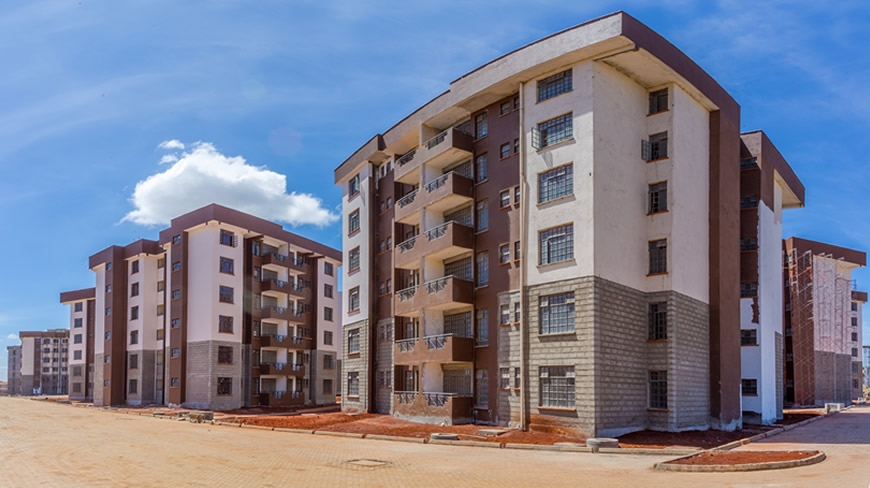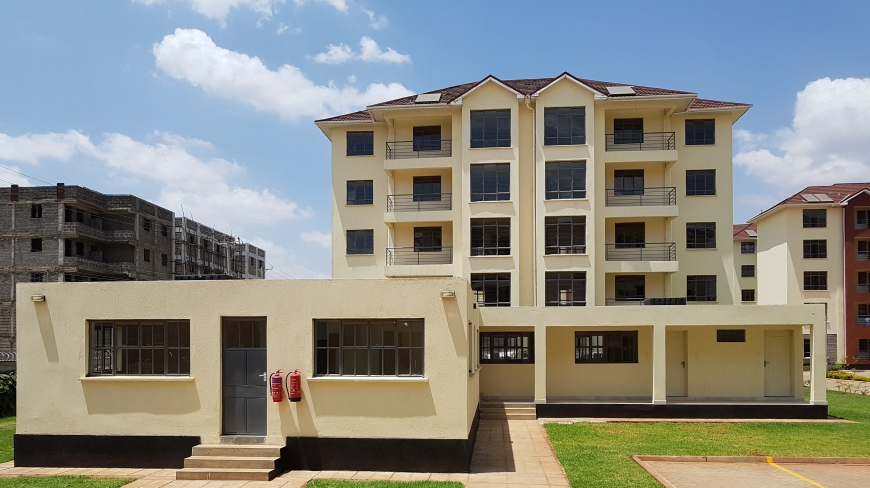Zoning regulates building height i.e. how many levels can be built, plot coverage and ratio and similar characteristics or some combination of these.
Local governments use zoning as a permitting system to prevent new development from harming existing residents or businesses and to preserve the quality of a community.
Zoning laws affect the value of your real estate property. There are three main zoning classifications: residential, Commercial, and Industrial.
Residential zoning applies to residences and multifamily dwellings, commercial zoning usually applies to office blocks and businesses, and industrial zoning normally applies to manufacturing shops and plants.
Zoning laws vary from town to town, so make sure that you know the zoning restrictions on any real estate before you invest.
The purpose of zoning laws is to specify what types of dwellings or businesses may reside in a certain area.
Zoning laws may change, and a real estate investment that is zoned commercial or residential today may be rezoned for another use in the future.
If you invest in real estate for rental purposes, your tenants may cause zoning problems if they change the use of the rented facility. Tenants who convert their home may unknowingly violate zoning laws, so it is very important to have a clause in your lease agreement stating what can and cannot be done on your rental premises.
Another way that zoning laws may affect your real estate investment is when zoning is changed from one class to another. If the zoning is changed from residential to another class such as commercial, this can mean a higher property value, which means more value for your investment.
Before buying a property, it is important to talk to an expert through HFC who will explain to you how municipal laws will affect your property.
The experts will let you know for example if in five years, your beautiful views will be replaced by a highway or a high rise development. Zoning regulations will indicate what may be legally constructed in the surrounding area.
A variety of ordinances will also affect the placement of your new home on the lot. Regulations will specify how close you can build to the property line, roads, rivers, and lakes.
Easements for electrical and telephone poles will limit the space you have for building your home.
Unless the property is in a development of suburban tract homes, there may not be easy access to electricity or public water lines. If there are no municipal sewers, you'll need to know where you may legally place your septic system.
Zoning may include regulation of the kinds of activities which will be acceptable on particular plot such as open space, residential, agricultural, commercial or industrial, the densities at which those activities can be performed from low-density housing to high-density buildings, the height of buildings, the amount of space structures may occupy.
It is very important for an investor to know the zoning requirements of any property before they invest. Find out from a Housing expert what these laws are and any proposed changes. This can save you a lot of money and aggravation.
Make sure that your lease agreement states what activities are allowed and not allowed on the rental premises. Find out what the other properties in the same area as the possible investments are zoned.
By being aware of the zoning laws and requirements you will avoid some costly and time consuming mistakes.






